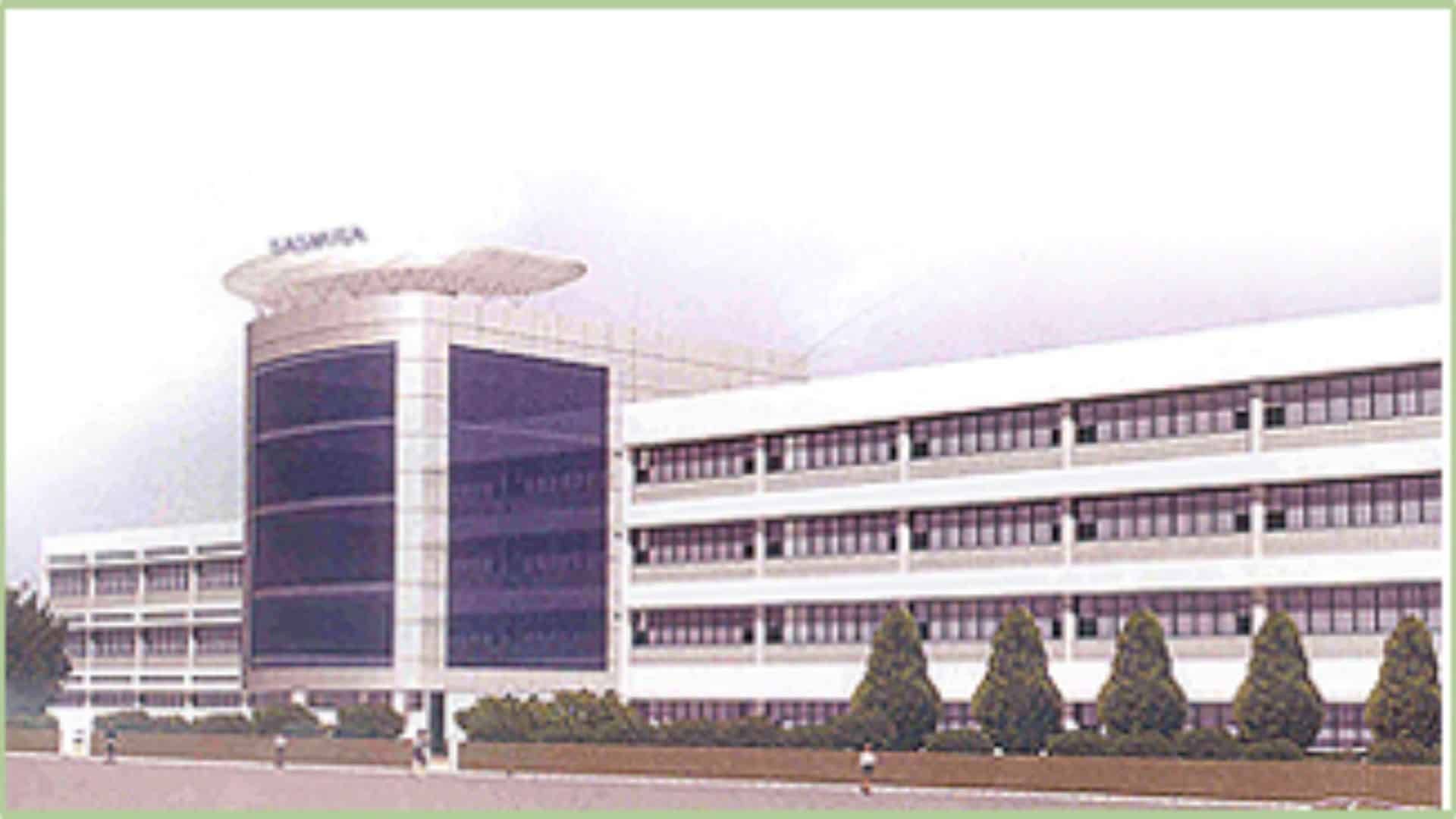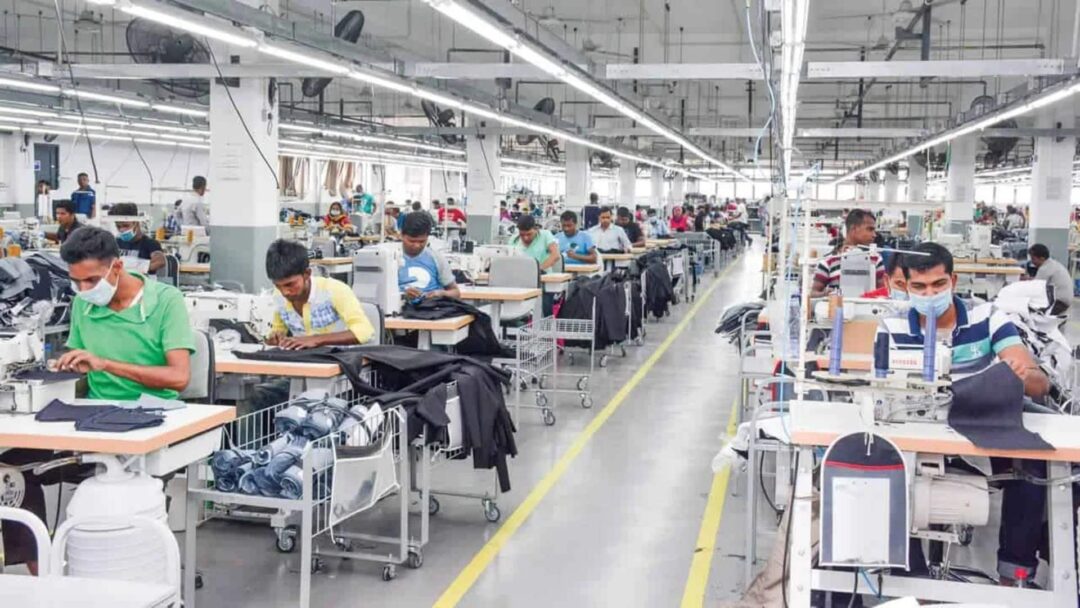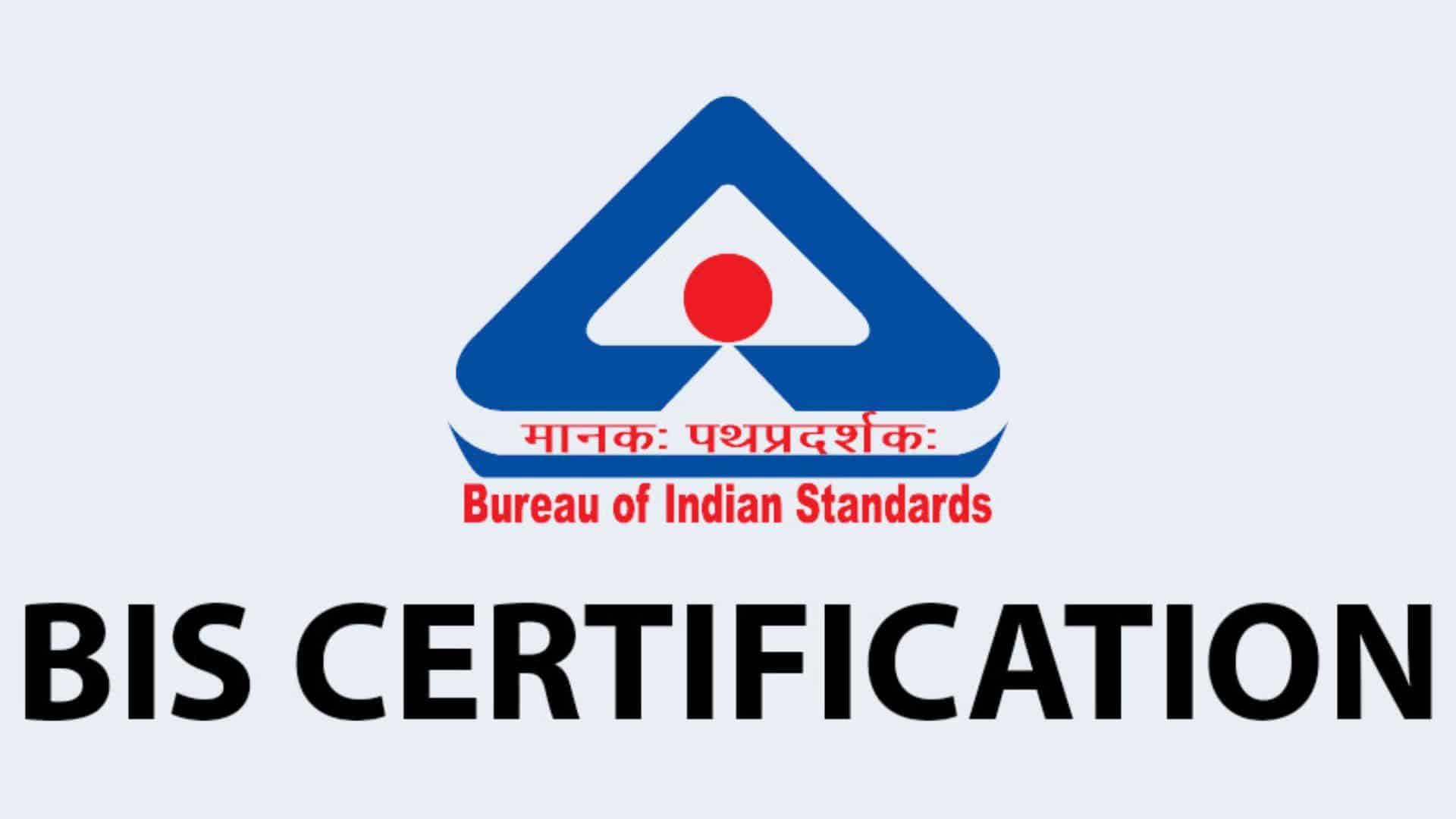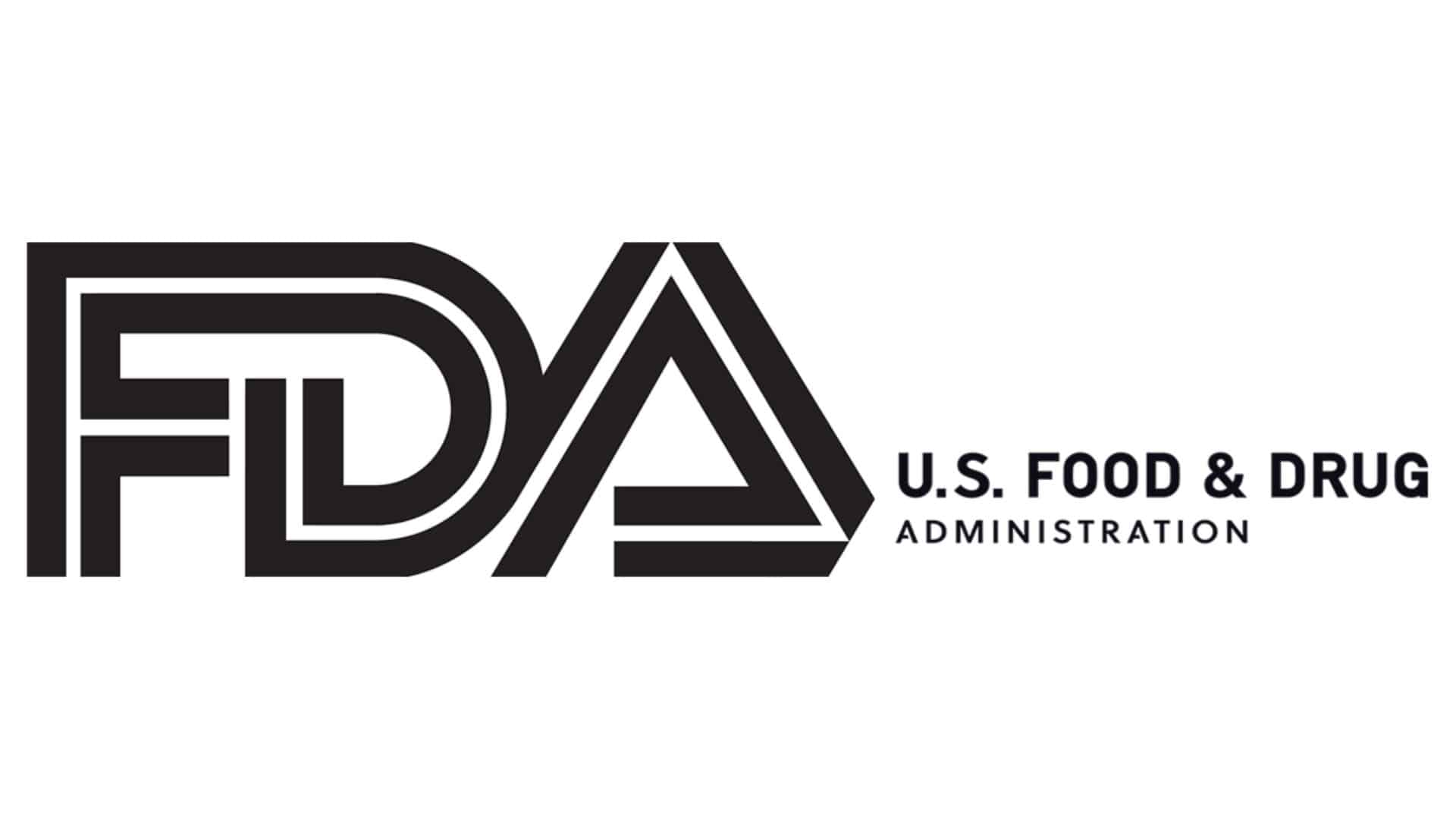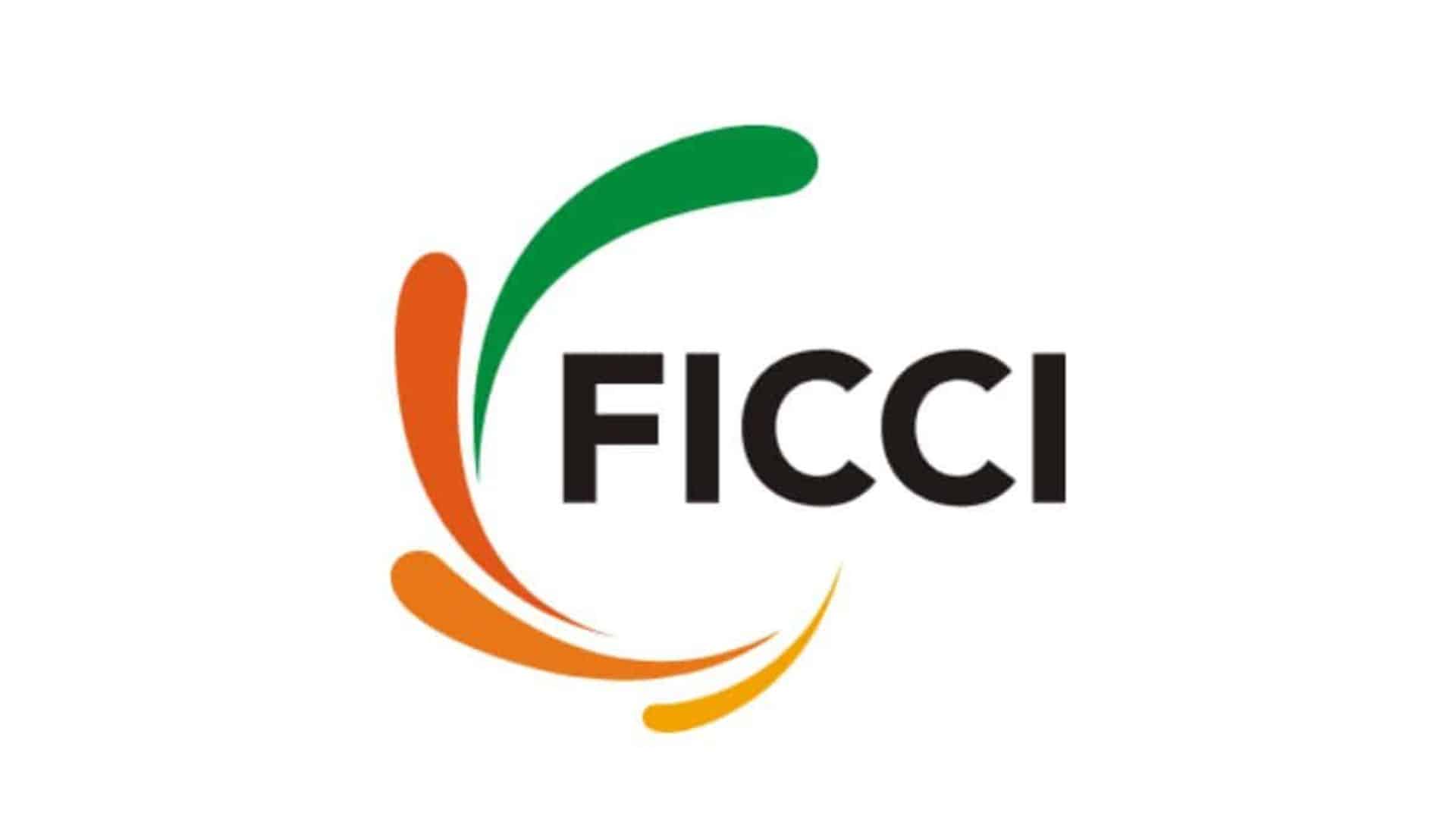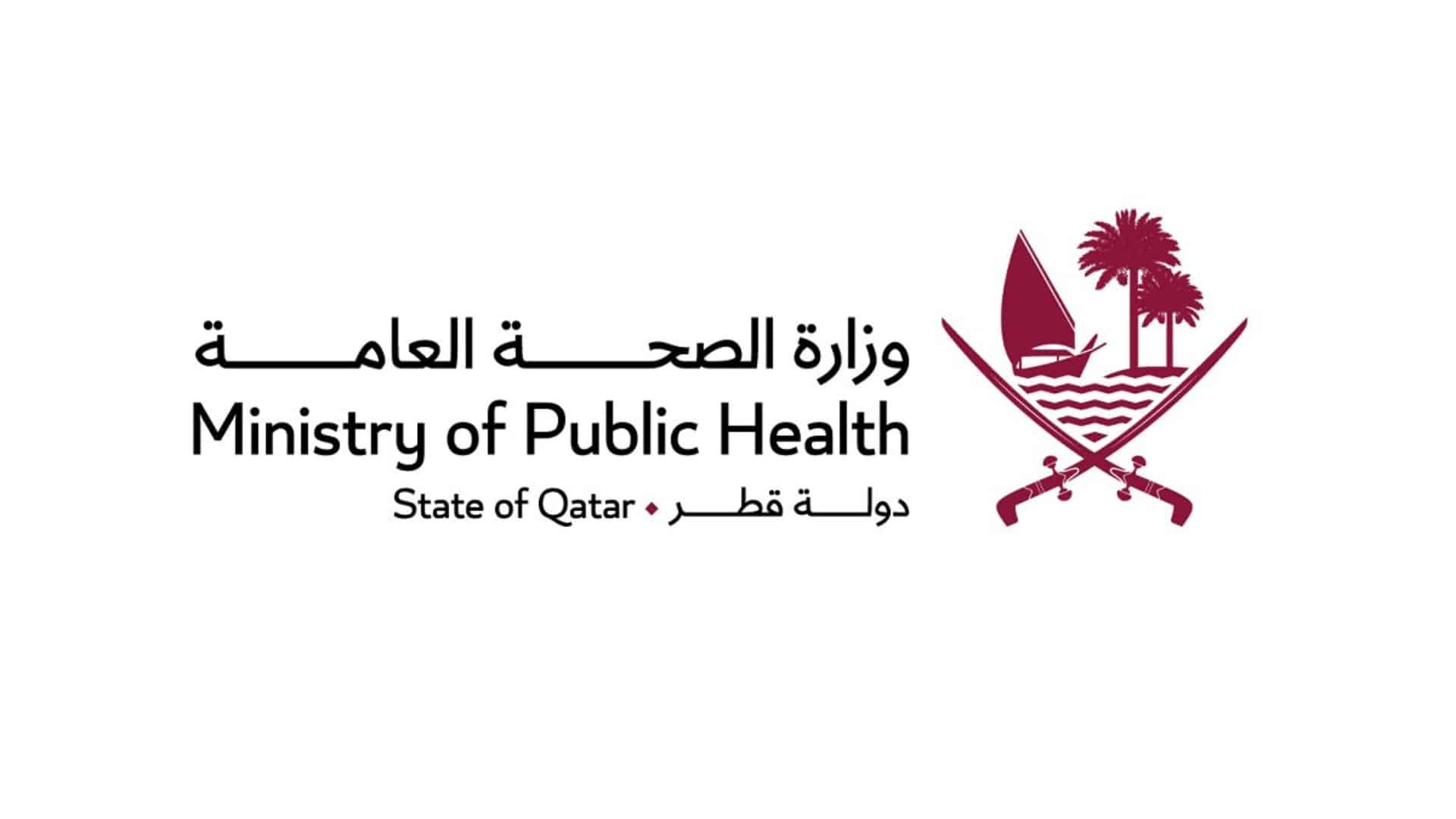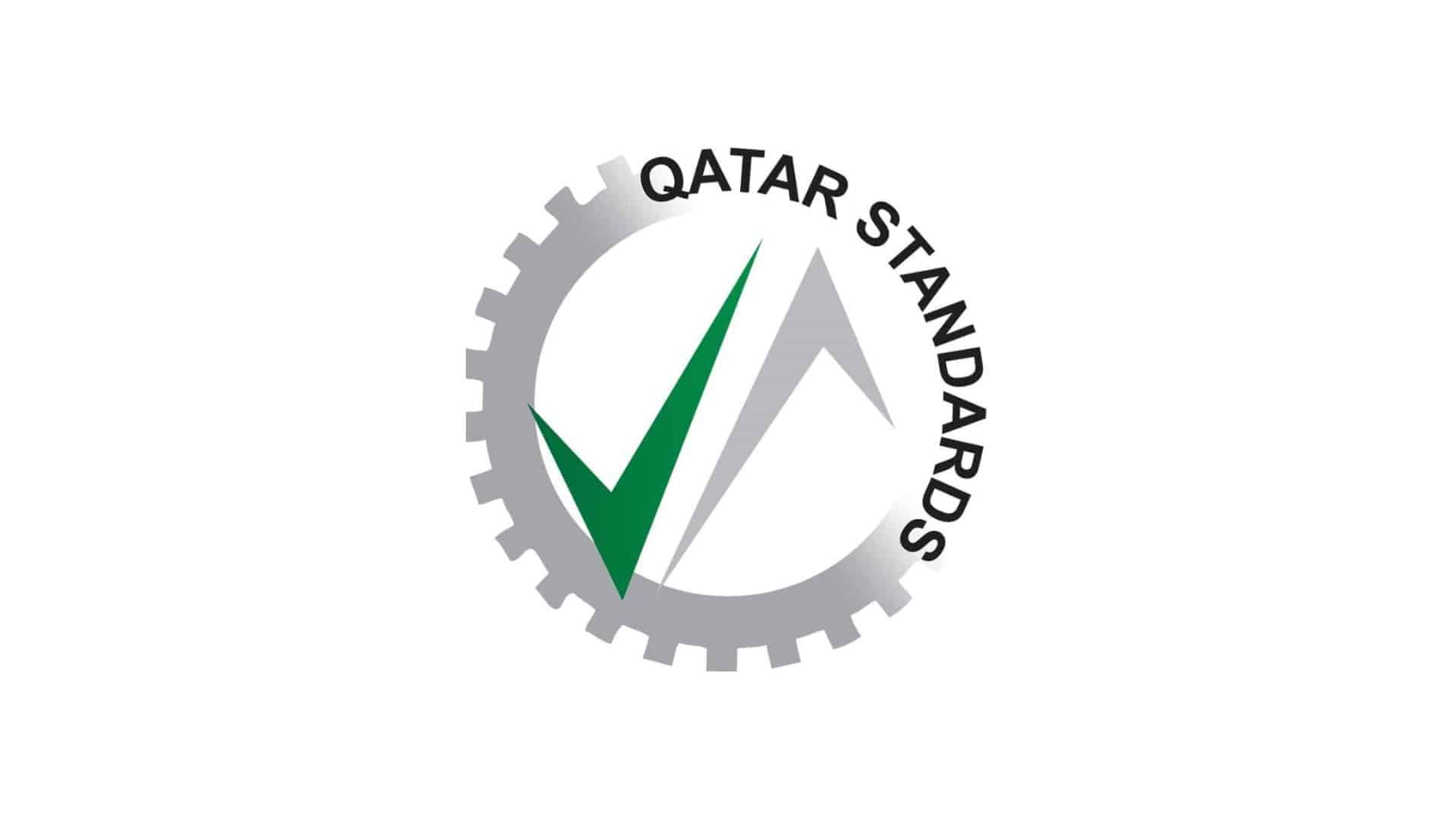Research and Development (R&D) represents the activities companies undertake to innovate and introduce new products and services or to improve their existing offerings. R&D allows a company to stay ahead of its competition by catering to new wants or needs in the market.
R&D activities differ from institution to institution, with two primary models[3] of an R&D department either staffed by engineers and tasked with directly developing new products, or staffed with industrial scientists and tasked with applied research in scientific or technological fields, which may facilitate future product development.
Research and development are very difficult to manage, since the defining feature of research is that the researchers do not know in advance exactly how to accomplish the desired result.





